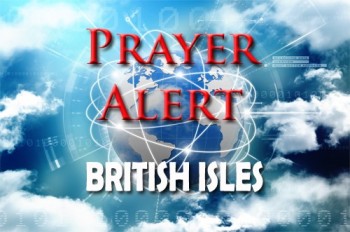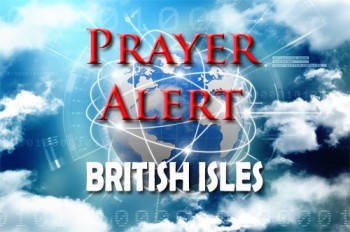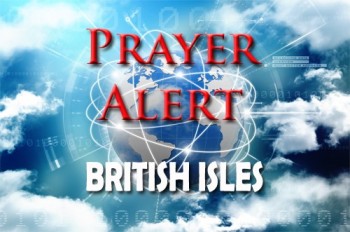Displaying items by tag: people smugglers
Germany / France / Belgium: people-smuggling operation dismantled
On 21 February, In a coordinated effort across four German states, with cooperation from France and Belgium, law enforcement agencies launched a targeted operation against a suspected human-smuggling gang at dawn. This response to illegal trafficking reflects growing concerns over such activities in Europe. It aimed not just to make arrests but to dismantle the entire network. The raid sheds light on the human suffering behind smuggling, emphasising the need for international collaboration to address its root causes. It underscores the importance of comprehensive strategies prioritising human dignity and safety. While there are questions about its long-term impact, the move represents a pivotal moment in the struggle against trafficking. It serves as a beacon of hope for a future where exploitation does not thrive on the vulnerabilities of the desperate.
Smuggling migrants
Five Albanians who smuggled migrants through the Channel Tunnel were arrested and held in London; two more arrests were in Surrey and Oxfordshire. Migrants are concealed behind furniture in vehicles hired specially for illegal smuggling, using a network of connections across Europe. Migrants paid as much as £25,000, believing they will go on to work in the illegal economy once in Britain. Commander Richard Harrison said the gang had risked the safety of the migrants and threatened the security of the UK border. Pray for these arrests to lead to further dismantling of criminal tunnel networking. Recently 430 migrants crossed the English Channel in one day. The Home Office has said it was taking substantial steps to tackle the unacceptable problem of illegal migration. A bill is currently being considered by MPs which would mean that migrants entering without permission could face up to four years in prison.
People smugglers
1,775 migrants entered the UK in small boats this year: a record 741 landed in May. The French navy is escorting them across the Channel and into British waters as smugglers exploit legal maritime loopholes. By a 1974 law, all mariners must provide assistance to vessels in distress at sea. The small boats crossing the Channel are often overloaded and taking on water. When French vessels attempt to intercept them, migrants threaten to jump into the sea, or even throw children overboard. Their refusal to be rescued by French authorities puts lives at risk, so the French have no option but to shadow the boats into British waters, where migrants are safe, knowing they will be taken to Britain, not back to France. MPs are calling for new powers to return people to France.
52 migrants rescued in Channel
Border Force officials intercepted four flimsy dinghies carrying 52 Iranian and Iraqi men, women and children journeying from northern France to the Kent coast. The people-smuggling gangs make thousands of pounds from sending refugees across the world’s busiest shipping lane. Concerns are likely to be raised that the Home Office’s decision to deploy cutters encourages migrants to travel in the belief they will be rescued and brought to the UK. Experts believe the number of arrivals will increase in the next few months as the weather improves. All the migrants were handed over to immigration officials to be processed, fed, given medical attention and undergo security screening. Meanwhile eight men and a child suffering from hypothermia were stopped in French waters and taken back to France. See
Europe: inside people-smuggling networks
Nazeri Zubair’s travelling companion crushed a pill, dissolved it in water, and fed it to her two-year-old daughter to make the baby sleep for over a day. It was a requirement of the smugglers who were guiding the group from Serbia across Croatia’s border then into Slovenia; opening up possibilities of travelling without passport checks within 26 countries on Europe’s mainland. Over 90% of undocumented immigrants who enter the EU illegally use people smugglers at one stage of their journey, according to Europol. Nazeri came into contact with dozens of smugglers while traversing 12 countries. Finding them was as easy as finding a regular travel agent, through recommendations or at notorious hot spots such as Victoria Square in Athens. One led him through a minefield, and another across treacherous Mediterranean waters. Nazeri said children aged under 4 were systematically spoon-fed sedatives to keep them quiet. Smugglers refuse to take young families who won't administer drugs.




